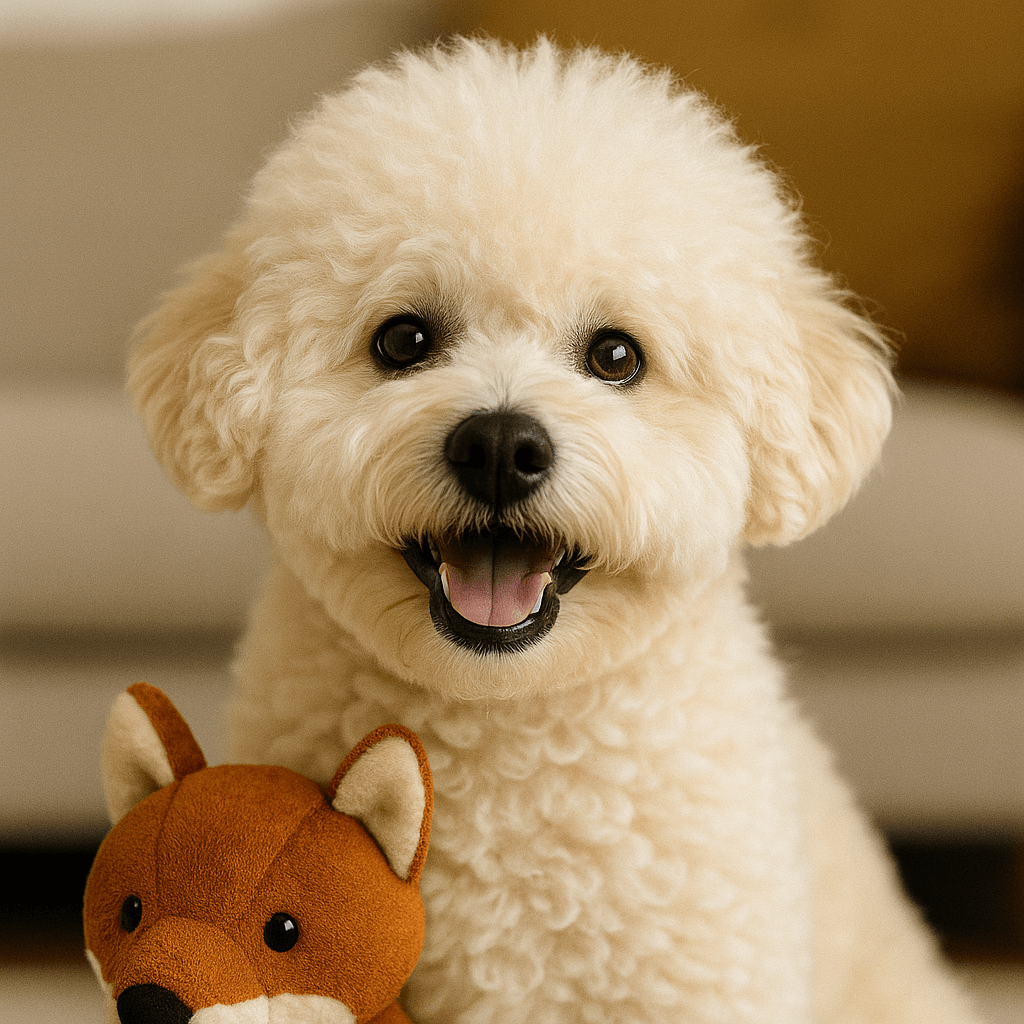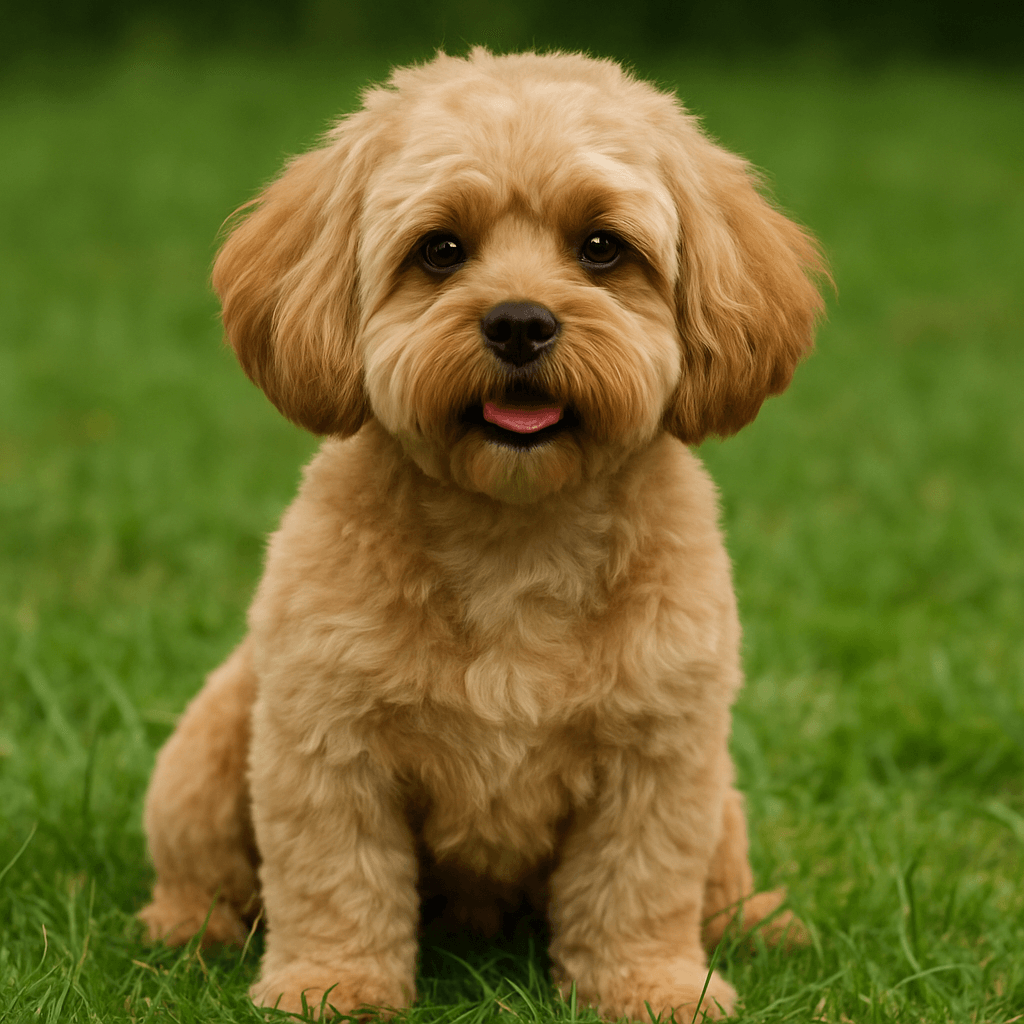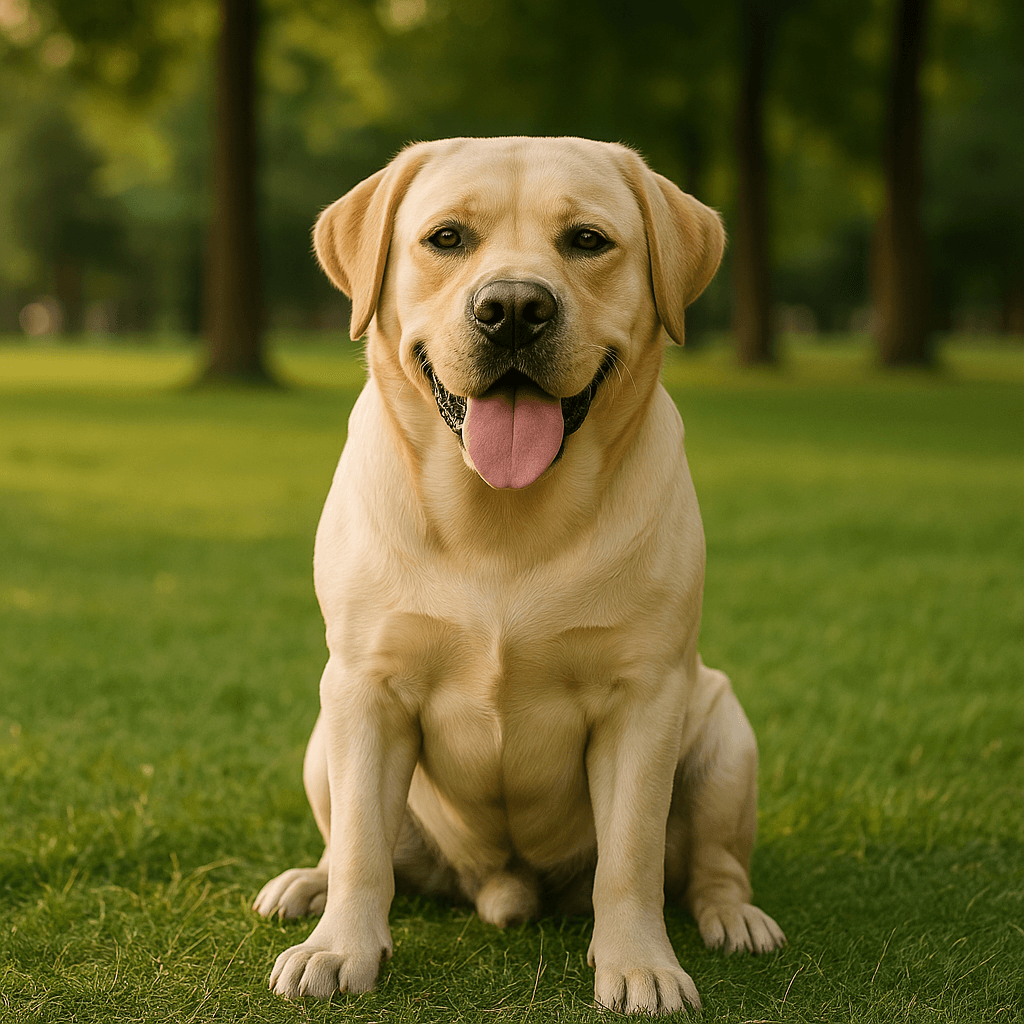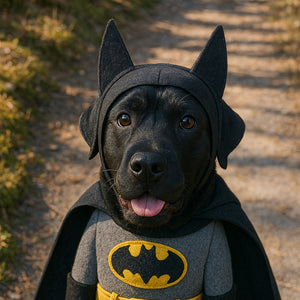
Bichon Frise – The Fluffy Family Companion. Characteristics, Care, Health, and Lifestyle
The Bichon Frise is a dog breed that captivates with its fluffy white fur, cheerful nature, and compact size. It's an ideal apartment dog, and its sociable temperament makes it a perfect fit for both seniors and families with children. In this article, we detail the characteristics of this breed, its needs, grooming methods, and recommend Petto products to help you keep your Bichon healthy and comfortable.

Contents
- Origin of the Bichon Frise breed
- The appearance and color of the Bichon
- Character and temperament
- Who is the Bichon Frise for?
- Bichon care – how to care for its coat and hygiene?
- Bichon Frise Health – Most Common Diseases and Prevention
- Bichon Nutrition and Diet
- Traveling with a Bichon – comfort and safety
- FAQ – Frequently Asked Questions
- Summary and useful links
Origin of the Bichon Frise breed
The Bichon is a breed with an incredibly rich and colorful history. Although today it is primarily associated with charming companion dogs, its roots date back to ancient times. Bichon ancestors appear in records of the Roman Empire, where they were valued for their unique appearance and affection for humans. The name "Bichon" likely derives from the word barbichon , which meant small, fluffy water dogs. These dogs traveled with sailors throughout the Mediterranean, reaching, among other places, the Canary Islands, where – according to one theory – the Bichon Tenerife breed originated, a direct ancestor of the modern Bichon Frise. In the Middle Ages, the Bichon gained popularity in the royal courts of France, Spain, and Italy. Renaissance paintings depict them as beloved pets of the aristocracy. However, with the fall of the monarchy, the breed declined in popularity and for a time was even perceived as a street dog, accompanying artists, jugglers, and mimes. It wasn't until the 20th century that the Bichon Frise returned to favor—primarily thanks to French breeders, who gave the breed its modern name and established the first standards. In 1933, the Fédération Cynologique Internationale officially recognized the Bichon as a distinct breed. Since then, the Bichon Frise has gained worldwide fame as an ideal dog for home, exhibitions, and therapy. Today, this breed successfully combines historical pedigree, the charm of a companion dog, and the grace of a dog beloved by generations.
📎 See more about the history of the breed on the American Kennel Club website – Bichon Frise .
The appearance and color of the Bichon
At first glance, the Bichon Frise resembles a small, living cloud. This is due to its distinctive, snow-white fur, which floats around its body like a soft aura. Its coat consists of two layers – a soft undercoat and an outer layer with a silky, springy texture. It is this structure that allows for the desirable spherical head shape and fluffy body contours.
Body structure and proportions
The Bichon Frise is a small but well-proportioned dog. An adult typically measures 23 to 30 cm at the shoulder and weighs between 5 and 8 kilograms. Its body is short but well-muscled, with a slightly defined waist. The tail is carried gracefully curled over the back and covered with long, flowing hair.
Head, eyes and facial expression
The Bichon's head is rounded, with a pronounced muzzle and dark, sparkling eyes with a lively expression. This gaze—a combination of curiosity, intelligence, and gentleness—gives the Bichon the appearance of a perpetual smile.
Color
Although the breed standard allows for minimal variegation in shades of cream or apricot in puppies, adult Bichons should be completely white. Their coat does not shed, but it does require regular trimming and brushing to maintain its shape and skin health. This distinctive appearance makes the Bichon Frise not only a favorite among families but also a frequent participant in dog shows.
Character and temperament
Behind the Bichon Frise's angelic appearance lies a personality brimming with life, joy, and sensitivity. This is a dog that not only loves people but simply can't live without them. Bichons are exceptionally sociable – they enjoy being the center of attention, need human contact, and don't tolerate loneliness well.
A volcano of positive energy
The Bichon is a small dog with a big heart. Always ready for play, full of enthusiasm, cheerful, and prone to mischief. Their natural need for exercise and play makes them ideal for homes with children. They are not hyperactive, however—their energy is gentle and controlled.
Intelligence and trainability
Thanks to their quick wit and open-mindedness, Bichons excel at positive reinforcement training. They quickly learn new commands and tricks, eagerly cooperate with their owners, and enjoy learning. This also makes Bichons often chosen as therapy dogs and nursing home visits.
Emotional sensitivity
This breed requires gentleness and warmth – the Bichon will not thrive in a home lacking empathy or time to build relationships. They do not tolerate loneliness well, which can lead to separation anxiety and behavioral problems if left alone for long hours.
Communicative and friendly
The Bichon Frise isn't a barker, but it's very communicative—it can command attention with a subtle bark, glance, or gesture. It loves to be a part of the family's life and often follows them from room to room. This characteristic, cheerful temperament, combined with its ease in forming relationships, makes the Bichon one of the most beloved companion dogs.
📎 See also our guide: How to train a dog to stay home alone? – useful tips for owners of sensitive breeds.
Who is the Bichon Frise for?
The Bichon Frise is a breed that easily adapts to the rhythm of its owners' lives—provided they give it the proper attention. Thanks to its calm temperament, small size, and affectionate nature, the Bichon Frise thrives in both large homes with gardens and city apartments.
Perfect for families
This dog loves contact with children – he can patiently endure their teasing and eagerly engages in shared play. Children who learn how to properly treat a dog will find a Bichon a loyal and affectionate friend for years to come.
A great choice for seniors
The Bichon Frise is an excellent companion for seniors. It's gentle, doesn't require excessive physical activity, and its compact size makes it easy to care for. Furthermore, its presence has a therapeutic effect and positively impacts mental well-being.
A dog for singles and couples
If you live alone or in a couple and are looking for a dog to be your daily companion, the Bichon is a great choice. Their need for closeness makes them perfect as a "domestic partner" – always present.
Not for everyone
However, the Bichon is not suitable for people who work a lot outside the home and often leave their dog alone. They don't handle isolation well, which can lead to behavioral problems. They're also not suitable for those looking for an "undemanding" dog – their coat and emotional needs require attention.
📌 If you're looking for the perfect bed for your Bichon, check out the Sleep collection from Petto – soft, machine washable and suitable for small breeds.
Bichon care – how to care for its coat and hygiene?
Grooming a Bichon Frise is an almost ritualistic process – requiring regularity, the right tools, and the awareness that it is not only a matter of aesthetics, but also the dog's health.
Daily combing
The Bichon's coat is prone to matting, so daily brushing is essential. We recommend using slicker brushes and wide-toothed combs that gently detangle curls without tugging at the skin.
Haircut and specialist care
Every 4–6 weeks, the Bichon requires a groomer's visit to shape its coat into its characteristic, spherical shape and trim the hair in critical areas: around the eyes, paws, and anus. This type of grooming not only improves its appearance but also prevents infections and skin problems.

Baths and skin care
Bathing every 3–4 weeks with a gentle, moisturizing shampoo (preferably one designed for white breeds) will help keep their fur in pristine condition. It's also worth using softening conditioners and products to prevent under-eye discoloration.
Ear, eye and dental care
- Ears : Check and clean the inside of the ears regularly to avoid infections.
- Eyes : Bichons tend to water – daily wiping of the eye area will prevent brown stains.
- Teeth : daily brushing or using dental chews helps prevent tartar and periodontal disease.
Claws and paw pads
Regular nail trimming (every 3-4 weeks) and checking the pads of their paws—especially in winter and summer—are small rituals that prevent painful injuries and skin sensitivity. Grooming a Bichon can be time-consuming, but it yields incredibly rewarding results—both visually and health-wise. It's also a great way to bond with your pet, as they learn trust and patience during these times.
Bichon Frise Health – Most Common Diseases and Prevention
While the Bichon Frise is generally a healthy and long-lived breed (average lifespan is 14–16 years), it is not entirely free from health problems. Knowledge of the most common ailments and proper preventative care can help ensure a long, active, and happy life.
Genetic predispositions and common diseases
- Skin Conditions and Allergies – Bichons can suffer from atopic dermatitis, contact dermatitis, and food allergies. Symptoms include itching, redness, and hair loss.
- Eye problems – cataracts, entropion (drooping eyelids), and tear gland infections are common. Regular eyewashing and preventative vet visits help reduce the risk.
- Joint diseases – especially luxation of the patella (slipping of the kneecap), which can lead to lameness.
- Dental problems – tartar and gingivitis are common in small breeds. Left untreated, they can lead to tooth loss and heart problems.
- Diabetes and obesity – rarer, but possible. A balanced diet and regular checkups are essential.
Prevention and daily care
- Vaccinations and checkups – at least once a year, and even twice for seniors. Blood and urine tests, as well as dental checkups, are recommended.
- Diet and exercise – well-chosen food and a daily dose of exercise affect the physical and mental condition of the dog.
- Oral hygiene – tooth brushing, dental chews, visits to the dog dentist.
- Eye and ear care – daily washing and removal of secretions helps avoid infections.
Bichon Nutrition and Diet
Proper nutrition for your Bichon Frise is crucial to its longevity, immunity, and mental and physical well-being. This small dog has a large appetite, so it's crucial that its diet is well-balanced and tailored to its age, lifestyle, and individual needs.
Which food should I choose?
- Dry food for small breeds – should contain high-quality animal protein, omega-3 and omega-6 fatty acids, prebiotics and minerals that support joints and immunity.
- Grain-free or hypoallergenic food – for dogs prone to skin and food allergies.
- Wet food as a supplement – ideal for pickier dogs or seniors who prefer a softer consistency.
Feeding frequency
- Puppies : 3–4 small meals per day.
- Adult dogs : 2 meals a day, at fixed times.
- Seniors : easily digestible food, preferably with reduced calories, served in 2 portions a day.
Treats and supplements
- Functional treats (for joints, teeth, fur).
- Natural chews (e.g. deer, beef, pheasant).
- Glucosamine and collagen supplements, B vitamins, salmon oils.
What to avoid?
- Dinner leftovers – may contain salt, spices and fats that are harmful to your dog.
- Chocolate, onions, grapes – they are toxic.
- Too many treats – leads to excess weight.
A well-fed Bichon is an active dog with a shiny coat and healthy teeth. Regularly monitoring your pet's appetite and behavior allows you to quickly detect any health problems and respond before they develop into more serious conditions.
Traveling with a Bichon – comfort and safety
Although the Bichon Frise feels best at home with its owner, it also travels well – provided that we ensure its safety and comfort.
Road transport
A Bichon should not be left loose in the car – it is not only dangerous but also against the law. The best solutions are:
- dog car seats with seat belts,
- carriers adapted to the size of the Bichon.
📌 See the PETTO Oi Single beige car seat – comfortable, safe and easy to install.
Short trips and daily commutes
For short distances, carry-on bags with adequate ventilation and padding are ideal. For added comfort, you can use a small scented pillow from home – it has a calming effect.
Longer trips and holidays
- Breaks every 2–3 hours – for a walk, drinking water and taking care of your needs.
- Taking a favorite toy, bowl, blanket – to retain familiar scents.
- Remember about your health booklet, vaccinations and microchip number.
Public transport
Thanks to their small size, Bichons can travel in a carrier on your lap. In some modes of transport, a muzzle and leash are sufficient – it's worth checking the carrier's regulations beforehand. A properly prepared Bichon Frise will enjoy new places just as much as you do – stress-free and in complete safety.
FAQ – Frequently Asked Questions
Is the Bichon Frise suitable for allergy sufferers?
Yes, the Bichon Frise is considered a hypoallergenic breed. Their fur doesn't shed in large quantities, and the lack of an undercoat limits allergens in the home. However, anyone with allergies should spend time with the dog before adopting to ensure they don't have an allergic reaction.
How much does a Bichon Frise puppy cost?
The price of a puppy from a legal, FCI-registered breeder typically ranges from PLN 4,000 to PLN 8,000. The cost depends on the breeder's reputation, genetic lineage, and the parents' health records.
Is the Bichon Frise easy to train?
Yes! This is a highly intelligent and cooperative breed. Training should be based on positive reinforcement. Bichons learn commands quickly and are trainable, making them ideal for therapy dogs and dog sports.
How often should you bathe a Bichon?
On average, every 3–4 weeks, using mild shampoos designed for white-coated dogs. More frequent baths can dry out the skin, so it's also worth using conditioners and moisturizing mists.
Can a Bichon be left home alone?
Not for long. The Bichon Frise is strongly bonded to its humans and doesn't thrive on loneliness. If it must be left alone, it should be gradually accustomed to this, providing it with interactive toys and, ideally, companionship.
How to care for your Bichon's teeth?
Daily brushing is the best preventative measure. Dental chews, specialized toothpastes, and regular visits to the vet for oral health checkups are also recommended.
Summary and useful links
The Bichon Frise is a dog that combines everything you'd expect from an ideal companion: intelligence, sensitivity, charm, and an unwavering cheerfulness. Its small size makes it perfect for apartment living, and its hypoallergenic coat makes it a good choice for allergy sufferers. However, it requires time, attention, and care—not only in grooming but also in building relationships. In return, it provides immense amounts of love, joy, and unconditional affection.
Key links and recommendations:
- 🐾 Petto Oi Dog Car Seat
- 🛏️ Beds from the SEN collection – perfect for Bichon
- 📘 American Kennel Club – Bichon Frize
- 📗 The Kennel Club UK – Bichon Frisé
With a Bichon, life is simply… fluffier.
See more at: Petto.com.pl
































 https://petto.com.pl
https://petto.com.pl